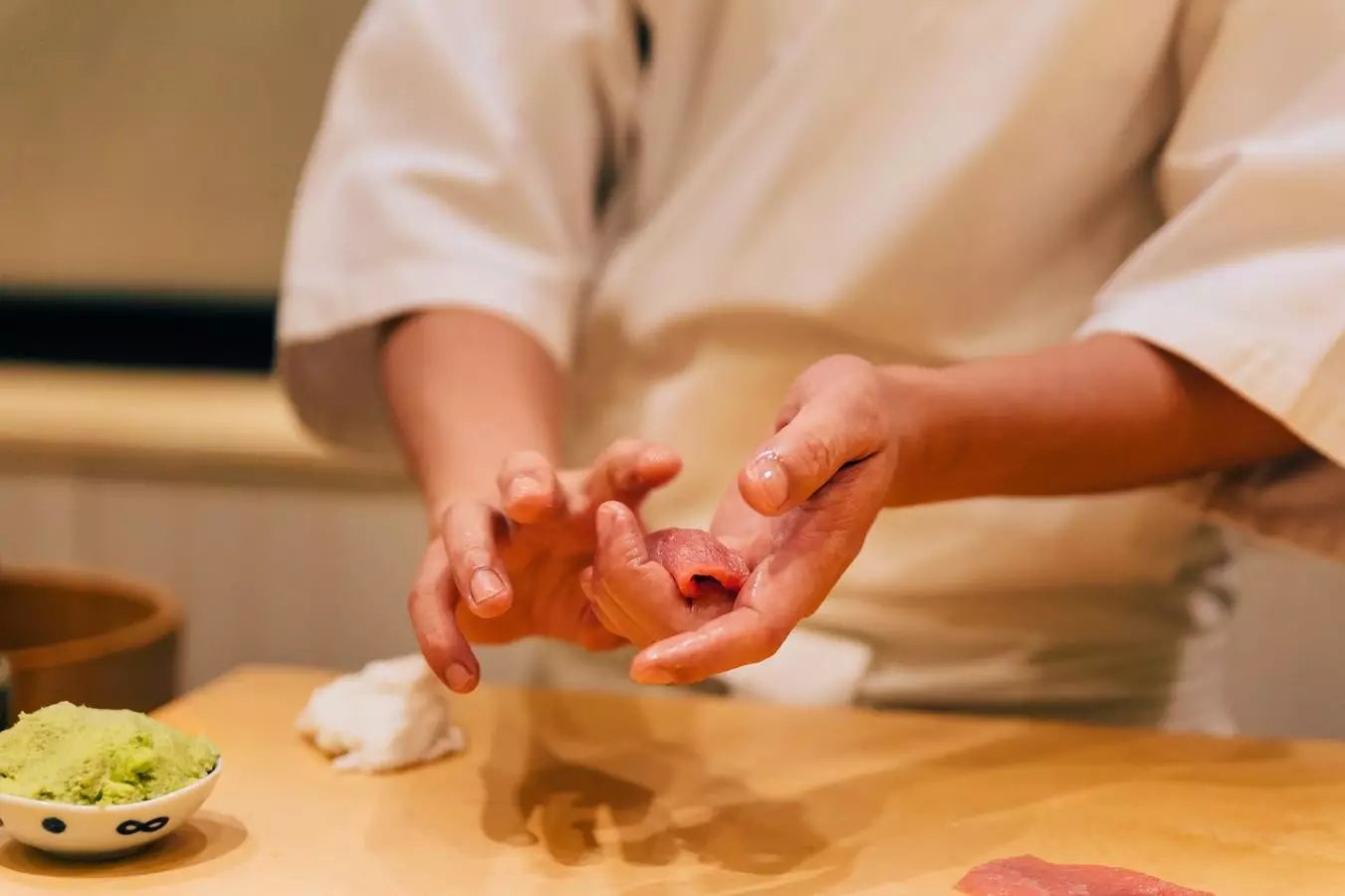In recent years, sushi has surged in popularity across the United States, transforming from a niche cuisine into a mainstream food choice. With the sushi restaurant industry reaching a staggering market size of $27.9 billion in 2022, the growth trajectory is undeniable. Over the past decade alone, the demand for sushi has skyrocketed by an impressive 163%. This surge presents a unique opportunity and a significant challenge: the urgent need for skilled sushi chefs to cater to the ever-expanding consumer base.
The trend is not merely anecdotal. As of 2022, the Japanese government reported that the number of Japanese restaurants in the United States had surged to 26,040. This leap from just 3,051 sushi establishments in 1992 highlights an impressive 853% growth over thirty years. With such a burgeoning market, one might wonder: who will fill the roles of sushi artisans required to meet this growing demand?
Unfortunately, the answer is not straightforward. The sushi industry faces a significant shortage of knowledgeable sushi chefs—an issue exacerbated by both the increasing demand for their services and the limited supply of professionals in the field. Crafting sushi is often perceived as straightforward, yet it requires years of training and mastery to perfect the art of handling raw fish and rice. The acclaimed documentary, *Jiro Dreams of Sushi*, poignantly captures the trials faced by those pursuing excellence in sushi preparation.
Furthermore, hiring sushi chefs from Japan has become more complex due to stricter visa policies for foreign workers imposed by the U.S. government in recent years. The situation is equally dire in Japan, where fewer young individuals are willing to commit to the lengthy apprenticeships historically required to learn this delicate culinary craft.
In light of this pressing situation, the sushi industry is beginning to embrace a paradigm shift towards more structured educational frameworks that could decrease the time necessary for culinary training. Traditionally, apprenticeship-based learning has been valued in Japanese culture, often viewed as essential for becoming a master chef. However, the industry’s realities are forcing a reevaluation of such practices.
Institutions like the Tokyo College of Sushi & Washoku, established in 2016, are emerging as part of this educational transformation. With an impressive job placement rate of 100% for graduates in March 2024, the college’s success demonstrates the feasibility of a more modern approach to sushi education. Like its counterpart, the Tokyo Sushi Academy, which opened its doors in 2002 and has trained over 5,300 sushi chefs globally, these institutions are helping to meet the burgeoning demand for sushi expertise.
In the United States, Andy Matsuda’s Sushi Chef Institute stands out as a pioneering establishment. Born into a Japanese restaurant family, Matsuda moved to California and embarked on a successful sushi career before deciding to contribute to the industry through education. Despite facing criticism for deviating from tradition, he recognized the growing need for trained sushi chefs in America and made it his mission to create a space for aspiring chefs to hone their skills.
Matsuda’s eight-week courses, attended by students from various backgrounds, are indicative of the widening demographic interested in sushi. His notable alumni, including Michelin-starred chefs, reflect the growing sophistication and appreciation for sushi within the culinary community. In recent years, students from Latin America and Africa have also joined, further diversifying the pool of those aspiring to become sushi chefs.
Interestingly, as people’s awareness of health becomes paramount, Chef Matsuda has observed an influx of wealthy individuals sending their private chefs to his institute. This trend underscores an evolving culinary landscape where sushi is increasingly regarded as a refined and desirable element of a balanced diet.
The education wave extends to Europe as well, with the opening of a branch of the Tokyo College of Sushi & Washoku in London in September 2024. Under the guidance of Yoshihiko Shida, a seasoned chef and educator, the school aims to further proliferate the skills necessary for sushi preparation while emphasizing creativity and a strong foundation in Japanese culinary principles.
The culinary world thrives on innovation and creativity, and as Chef Shida reflects, the transformation of traditional recipes through cultural exchange has always been part of Japan’s gastronomic journey. With a focus on understanding foundational techniques, he encourages his students to channel their creativity, allowing them to develop unique sushi styles suited to contemporary audiences.
As the sushi industry continues to grow in the U.S. and beyond, the imperative to cultivate a new generation of skilled sushi chefs has never been more critical. By balancing tradition with innovative educational approaches, the sushi culture can evolve, ensuring its relevance and accessibility for years to come. The integration of diverse culinary perspectives will not only enrich the field but also cultivate a deeper appreciation for this delicate and intricate cuisine, one sushi roll at a time.


Leave a Reply